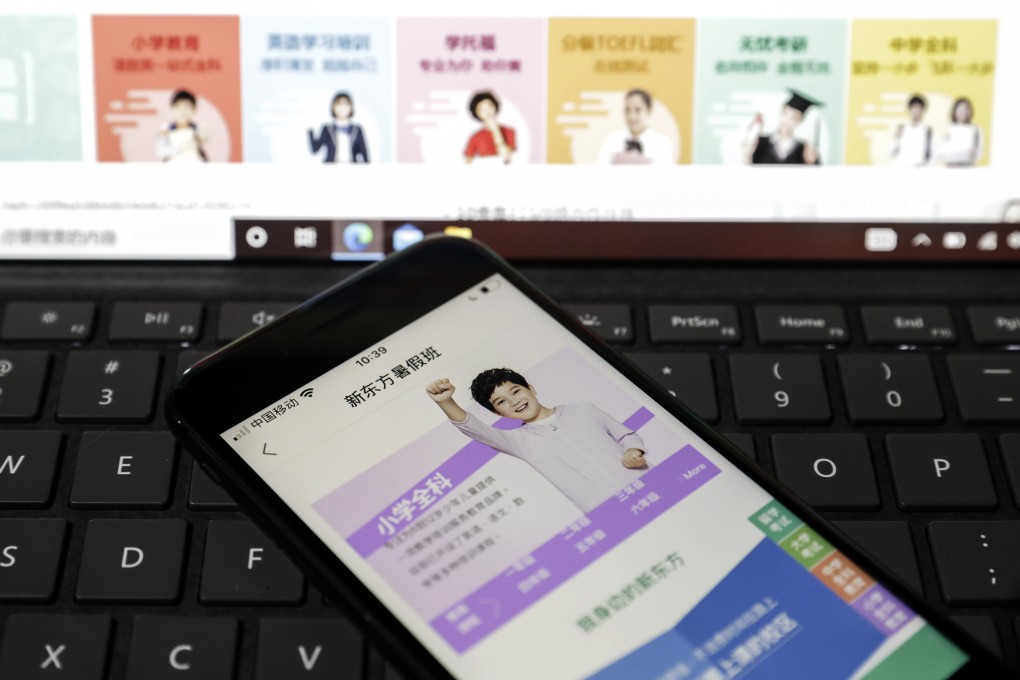Advertisement
Letters | Why China’s crackdown on greed in private tutoring was inevitable
- Self-regulation can best raise standards in the private tutoring sector, but strong regulation is preferable in the absence of corporate responsibility
Reading Time:2 minutes
Why you can trust SCMP

When commercial interests take priority over accountability, regulation of the private tutoring sector is important.
The private tutoring sector falls between commercial law and education law, and in this environment, greedy commercial providers predominate. Such providers make guarantees that cannot be upheld, use statistics that cannot be proven and replicate the worst aspects of traditional education.
I have been approached by private equity interests from China. When I mentioned the need for industry standards, they nodded in agreement, smiled and changed the subject to commercial opportunities. I circled back to the need for standards first and the need to engage with this when seeking opportunities. Again, the private equity providers were dismissive.
Advertisement
In addition, I sought meetings with some of the top tutoring providers in Hong Kong more than 10 years ago. I met two – the others were dismissive of the approach of bringing standards to the sector.
To the two I had discussions with, I suggested forming a body that places as much importance on the educational interests and welfare of children as on commercial returns. But these providers, too, were not interested.
Advertisement
In this context, China’s crackdown on private tutoring is welcome. It should be extended to all markets characterised by greedy private providers who consistently avoid accountability.
Advertisement
Select Voice
Choose your listening speed
Get through articles 2x faster
1.25x
250 WPM
Slow
Average
Fast
1.25x